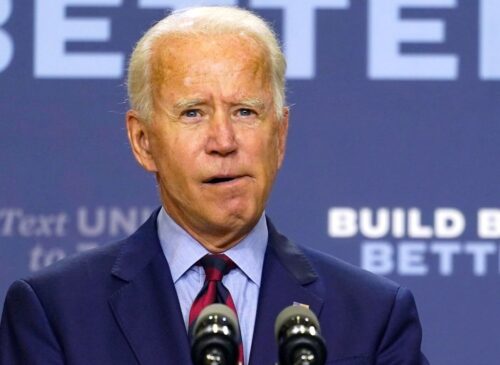 Shell is preparing to set strict carbon emissions targets in 2019 amid intense pressure from activist shareholders who believe energy companies should be held accountable for aspects of global warming.
Shell is preparing to set strict carbon emissions targets in 2019 amid intense pressure from activist shareholders who believe energy companies should be held accountable for aspects of global warming.
The company also plans on linking such targets to the pay of senior executives, subject to a shareholder vote in 2020.
Shell is still in talks with investors about the percentage to be targeted, but the company’s top employee’s salaries could be affected, The Financial Times reported Sunday.
“We will be systematically driving down our carbon footprint over time,” chief executive Ben van Beurden told reporters Sunday. “We all know the benefits of energy but there are associated effects that we have to manage.”
The pledge is a significant change in position for van Beurden, who had previously opposed such proposals, citing concerns about potential lawsuits.
His concerns about potential waves of lawsuits are not unfounded.
Environmentalists have convinced several American cities to sue Exxon, Chevron, and other energy companies to force them to pay for supposedly making disasters worse.
Judges have already dismissed several lawsuits, but the fear of future litigation is not lost on Shell and others.
Shell now aims to curb emissions by around 20 percent over the next 15 years, and the company will hammer out specific targets starting in 2020.
The latest move was backed by Climate Action 100, a group of nearly 300 international investors carrying roughly $32 trillion in assets.
The company has also pledged to review its connections to industry lobbying groups that oppose the Paris agreement, a non-binding deal crafted in 2015 with the goal of dramatically reducing global carbon emissions over the next 15 years.
Activist shareholders have continually pushed energy companies to make bold moves showing their adherence to cutting emissions.
Some analyst groups worry activist shareholders use a largely unregulated industry to hoodwink U.S. companies into accepting proposals designed to tackle climate change that carries little long-term benefits.
So-called proxy advisory firms craft disclosure requirements that force companies to show they are making efforts to curb greenhouse gas emissions.
The process especially disadvantages small companies in favor of larger companies that have the resources to comply with investor dictates, the American Council for Capital Formation noted in May.
Proxy advisory firms provide analysis and consulting services to issuers and companies about how annual and special proxies should be voted.
The lack of transparency and competition in the proxy advisory firm industry gives a small number of businesses significant influence over how corporations deal with environmental issues.
Read more at Daily Caller



















Ben van Beurden tries to suck and blow while Shell pumps oil.
He might as well be standing on a street corner earning carbon dioxide taxes .